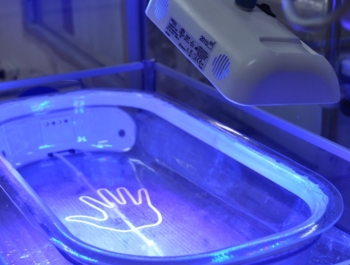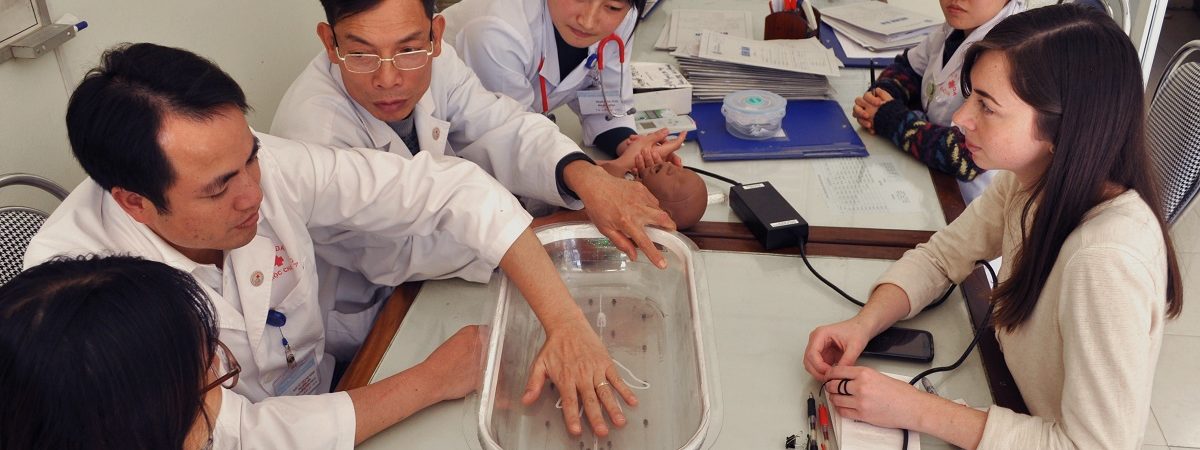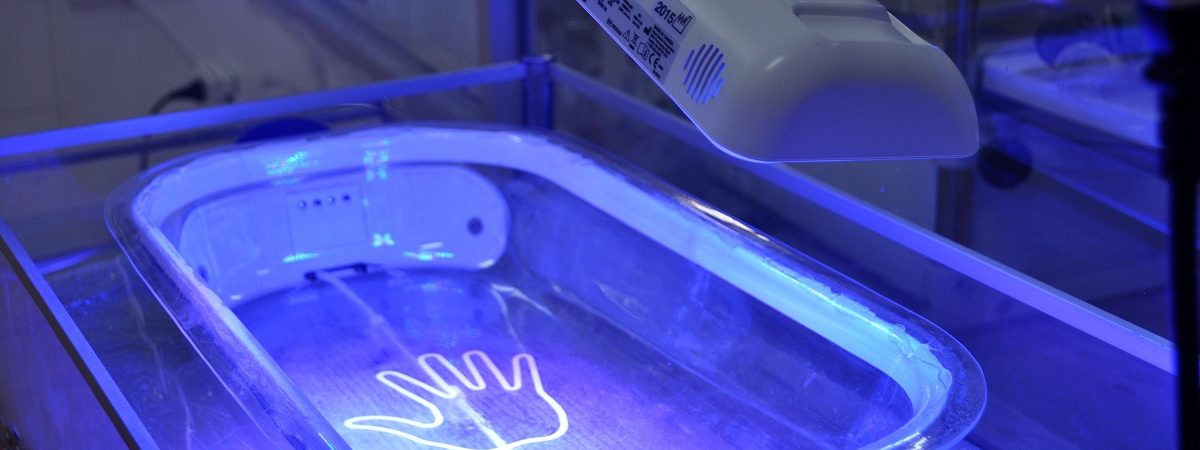
Design that Matters
Model & Strategy
Great design can only have an impact if it is adopted at scale. Although individual DtM products can save hundreds of lives, they see the greatest potential impact in their influence on global health standards. DtM’s vision is that each product they develop will become the standard of care in low-resource settings.
This is the end game for a product like Firefly: providing an overwhelming incentive for multinational medical device manufacturers to follow their lead and imitate their products. Once DtM’s product concept becomes the standard, they’re free to focus their resources on other high-burden global health needs that are poorly served by the market.
DtM sees growing evidence of support for their position that international medical device standards are insufficient and often inappropriate for low-resource settings, specifically in the increasing number of government tenders for double-sided phototherapy devices. DtM partner MTTS has applied the lessons we learned together in Firefly to two new CE Mark certified devices, including a novel newborn resuscitation device (the Dolphin CPAP).
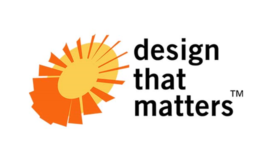
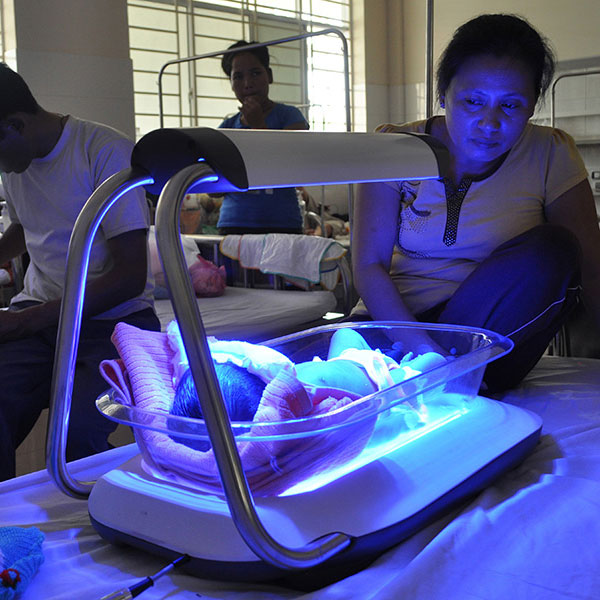

Design that Matters combines CEO Timothy Prestero’s experiences in West Africa as a Peace Corps volunteer and at MIT as an engineering graduate student. Timothy is co-inventor on three pending patents for cholera treatment devices. He is a Martin Fellow at the MIT Laboratory for Energy and the Environment, and he was named an Ashoka Affiliate in 2004. His awards include the 2007 Social Venture Network Innovation Award, and the 2009 World Technology Award. Design that Matters’ work received an honorable mention in the ID Magazine’s 2010 Annual Design Review, and the company was a finalist in Corporate Achievement for the 2010 National Design Award.

IMPACT
As of Jan 2020, DtM’s Firefly phototherapy device has treated 320,000 newborns in 26 countries, from Afghanistan to Zimbabwe. A peer-reviewed control study in Nigeria found that Firefly reduced newborn treatment costs by 80% and the need for expensive high-risk second-line therapies by 89%, compared to competing overhead phototherapy devices.
Products that DtM has helped design and launch have treated 990K patients worldwide.
DtM has recruited more than 1,600 students and professional volunteers. Many alumni have been inspired to focus on social enterprise careers, including the founders of Embrace Innovations, Design for America and Sanergy.
In 2019, DtM partnered with Médecins Sans Frontières to improve services and develop new medical devices for the global population of 60M forcibly displaced people, especially the more than 30M people who have lived in temporary settlements for more than five years.

